Surrogacy Laws & Process in Illinois

Understanding the Surrogacy Process in Illinois
Illinois surrogacy law is one of the most favorable legal frameworks for surrogacy in the United States. If you’re considering surrogacy in Illinois, the state offers a clear and supportive legal environment designed to protect both surrogates and intended parents.
With its progressive and straightforward laws, Illinois has become an ideal destination for families looking to expand through surrogacy. The state provides strong legal protections and allows a reliable and efficient process for all parties involved.
A HUGE Thank You To Our Sponsors...





Pre-Birth Parentage Orders in Illinois: Legal Recognition Before Birth
Married Same-Sex Couples:
Can secure parentage through the administrative process if one parent has a genetic link to the baby.
Unmarried Heterosexual Couples:
Eligible for administrative parentage when one partner provides the egg or sperm and all documentation is properly filed.
Single Intended Parents:
May complete the administrative process if biologically related to the child and all statutory requirements are fulfilled.
Couples Using Donor Gametes (One Genetic Link):
As long as one intended parent is genetically related and all certifications are submitted, parentage can be established pre-birth.
Opposite-Sex Married Couples:
Commonly use the administrative process and are recognized as legal parents from the moment of birth.
Same-Sex Unmarried Couples:
Eligible if one partner is genetically related and the agreement complies with Illinois requirements.
If neither intended parent has a genetic connection to the child, a court order will be required to establish legal parentage, either before or after the birth.
Who Can Be a Surrogate in California?
Eligibility Criteria:
- Surrogacy is open to both married and unmarried women who meet the necessary health and emotional requirements.
- Women must have had at least one successful pregnancy in the past and be medically healthy to carry a child for others.
Health and Medical Requirements:
- A surrogate must undergo a thorough medical screening to ensure they are physically capable of handling a pregnancy, including tests to evaluate overall health, reproductive history, and mental well-being.
Age Requirements:
- Typically, surrogates should be between 21 and 40 years old to ensure both a healthy pregnancy and the emotional maturity needed for the process.
Emotional Readiness:
- The emotional and psychological aspects of surrogacy are critical. Surrogates must be mentally prepared for the process, understand the emotional challenges, and be able to handle the separation from the baby after birth.
No Strict Legal Restrictions:
- Montana does not impose rigid legal restrictions on who can be a surrogate. However, having the right legal and emotional support is essential for both the surrogate and the intended parents to ensure a smooth process.
Explore the Carrying Dreams Surrogacy Heatmap

